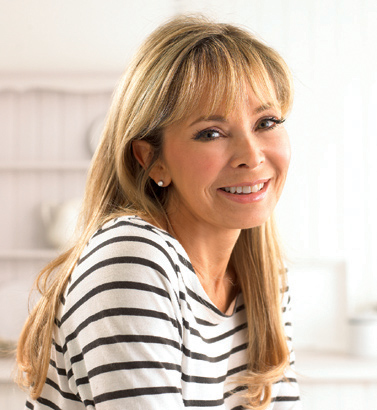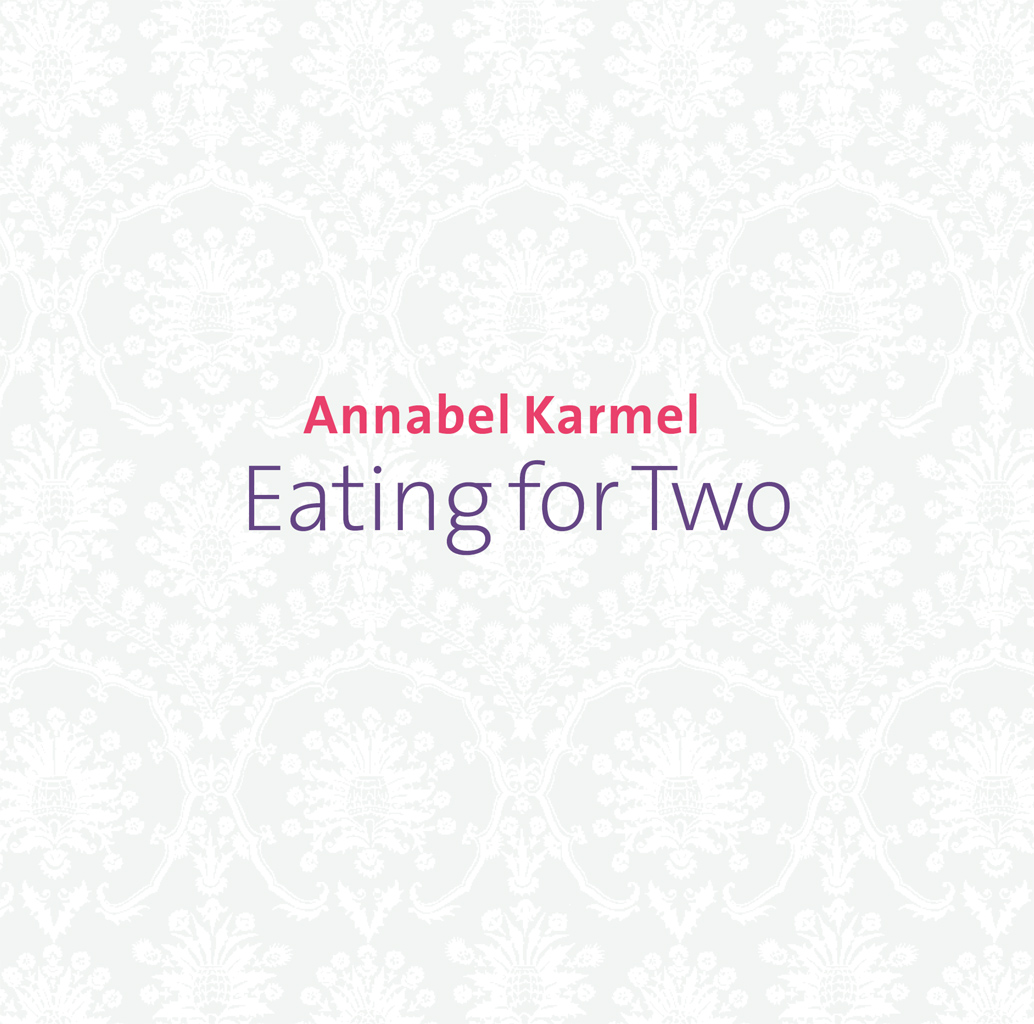Contents
List of Recipes
About the Book
Every mum-to-be wants to eat the right things for both her and her baby. This indispensable guide will help you make healthy, delicious meals through your pregnancy and beyond.
Nutrition is vital during pregnancy. Here, bestselling food writer Annabel Karmel and nutritionist Fiona Hinton guide you through each stage of your pregnancy with recipes to suit. Includes:
 Over 90 delicious recipes
Over 90 delicious recipes
 tips and advice on optimising intake of vitamins and minerals
tips and advice on optimising intake of vitamins and minerals
 information on which foods to avoid
information on which foods to avoid
 ideas for countering morning sickness, sleeplessness, anaemia and heartburn
ideas for countering morning sickness, sleeplessness, anaemia and heartburn
 suggesions for meals to make ahead and freeze ready for when you have your baby!
suggesions for meals to make ahead and freeze ready for when you have your baby!
With Annabels advice and over 90 simple, fabulous recipes, you can be confident that you are eating the best possible diet for you and your developing child.
Annabel Karmel is the UKs best-selling author on baby and childrens food and nutrition. She is the number one parenting author and an expert in creating delicious healthy meals for children without spending needless hours in the kitchen.
www.annabelkarmel.com
A mother of three, this is her 27th book, having already written titles including Complete Baby and Toddler Meal Planner, the authoritative guide for feeding babies and toddlers, Top 100 Baby Purees, Top 100 Meals in Minutes and Annabels Kitchen. Her books have sold more than 4 million copies worldwide and The Complete Baby and Toddler Meal Planner regularly features in the top 5 cookery titles.
Annabel is passionate about improving the way children eat and her commitment to good food goes beyond books. She has created her own delicious childrens ready meal range, designed for parents on the go who want to feed their children nutritious food in a short amount of time. She has teamed up with Disney to develop a healthy snack range and has her own baby food cooking utensil collection.
Her meals are also available in the UKs top tourist attractions including Legoland, Thorpe Park, Alton Towers as well as Butlins, one of the largest holiday resort chains. In 2009, Annabel won the prestigious Caterer and Hotelkeeper Excellence in Food award for her childrens meals, as well as the Lifetime Achievement award at the Mother and Baby Awards in 2009.
Her popular website www.annabelkarmel.com has more than 120,000 members and around 200,000 visitors a month. It provides a wealth of parental information including eating during pregnancy through to weaning and first foods. Packed with recipes for babies, children and adults, the website also covers all aspects of nutrition.
Annabel has her own TV programme, Annabels Kitchen, broadcast on CiTV and ITV1 and also available on DVD.
She has created an app currently available on the iPhone entitled Annabels Essential Guide to Feeding your Baby & Toddler which provides parents with all they need to know when it comes to feeding babies and toddlers. With over 100 recipes to choose from and step by step video guides from Annabel, this is ideal for parents that feel they may need a helping hand once in a while.
Annabel was awarded an MBE in June 2006 in the Queens Birthday Honours for her outstanding work in the field of child nutrition.
1: Good Nutrition: The Building Blocks for your Baby
Why good nutrition is crucial during pregnancy
Welcome to the most amazing time of your life. Your body is beginning a fantastic roller-coaster ride, and while the ups and downs of pregnancy may be a mix of the joyful, amusing and even downright unpleasant, this is a journey that will remain with you forever. Good nutrition has a huge influence on pregnancy, both for mum and for baby. Its one of the first gifts we can give our child.
We all want the best for our babies, and eating a balanced and nutritious diet during pregnancy helps to give them an optimal start in life in a number of different ways. A steady supply of vitamins, minerals, protein and other nutrients is crucial to an unborn babys development. It allows the mother to form a healthy placenta, the babys lifeline from the outside world. A healthy diet also allows the baby to lay down stores of nutrients, such as iron, that will be necessary during the first months of life outside the uterus.
We often focus so much on babies that we forget the importance of these nutrients for mum; theyre essential to support changes such as the growth of the placenta and uterus. At the end of pregnancy, it is essential for the body to be well nourished to cope with the demands of labour and breastfeeding.
One great advantage of a healthy diet is that it allows both mother and baby to gain a healthy amount of weight. This has benefits both during pregnancy and the birth, as well as when mother and baby begin their new life together, and beyond.
Giving your baby the best start in life begins now, whether you are planning to become pregnant, have just found out the happy news, or have a bump well on the way. Start with the First Priorities, below, then read on to find out about foods to focus on, how to tackle nutritional problems, and delicious recipes tailored to each trimester.
First priorities
Like most new mums-to-be, your brain probably started racing as soon as you found out you were pregnant. Trying to process myriad thoughts, from baby names to the birth, can make it difficult to remember what to do first. So heres a list of the very first actions to take to benefit both your health and that of your baby. None of these actions is difficult to carry out, and the sooner you start the sooner youll be putting your own and your babys wellbeing at the top of your priority list.
Start taking folic acid and vitamin D
While theres a lot of information on vitamins and minerals in this book, the first ones to think about, as early as possible in your pregnancy or even beforehand, are folic acid and vitamin D. Taking supplements of folic acid, a B vitamin, has been shown to reduce the risk of the unborn baby developing spina bifida and other neural tube defects (types of malformation in the babys spinal cord). Start taking 400 mcg (micrograms) of folic acid daily from before conception or as early as possible in the pregnancy, and continue until the end of the first trimester. The recommendation is higher 5,000 mcg (5 mg) of folic acid per day if you have had a previous pregnancy or are yourself affected by a neural tube defect, are taking epilepsy medication, or have diabetes, coeliac disease, thalassaemia or sickle cell anaemia speak to your GP for further advice. Also, try to eat some foods rich in folic acid every day. These include breakfast cereals with added folic acid, yeast extract, oranges and orange juice, and green leafy vegetables.
Next page
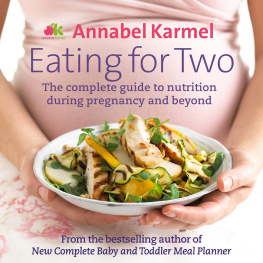
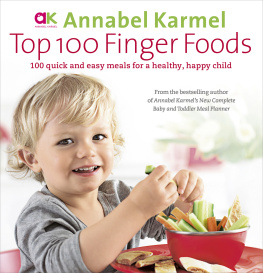

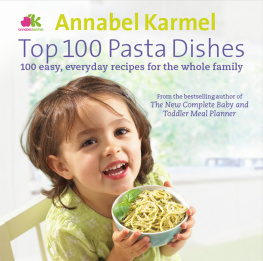
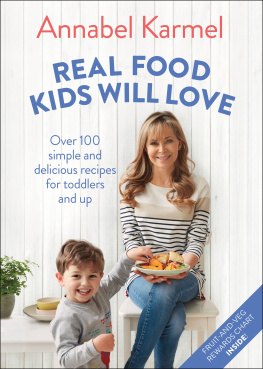
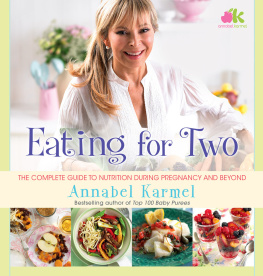

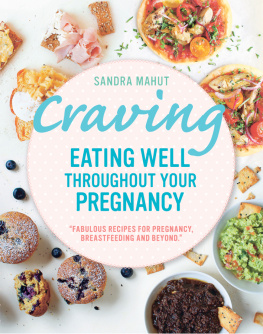
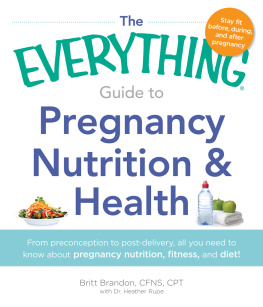
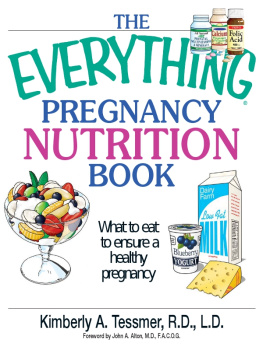
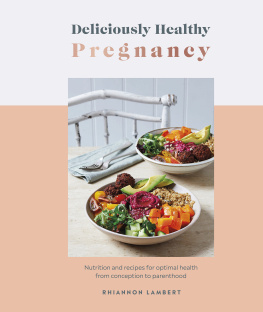
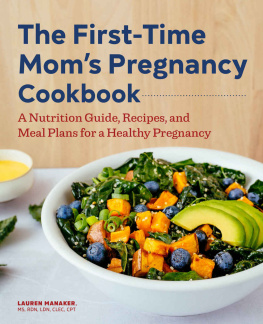

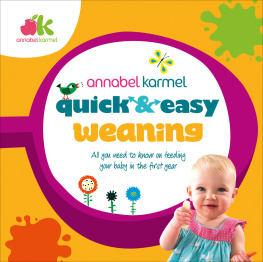
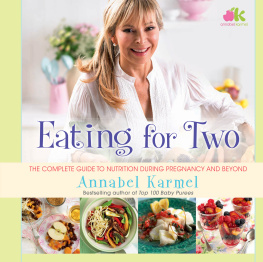
 Over 90 delicious recipes
Over 90 delicious recipes